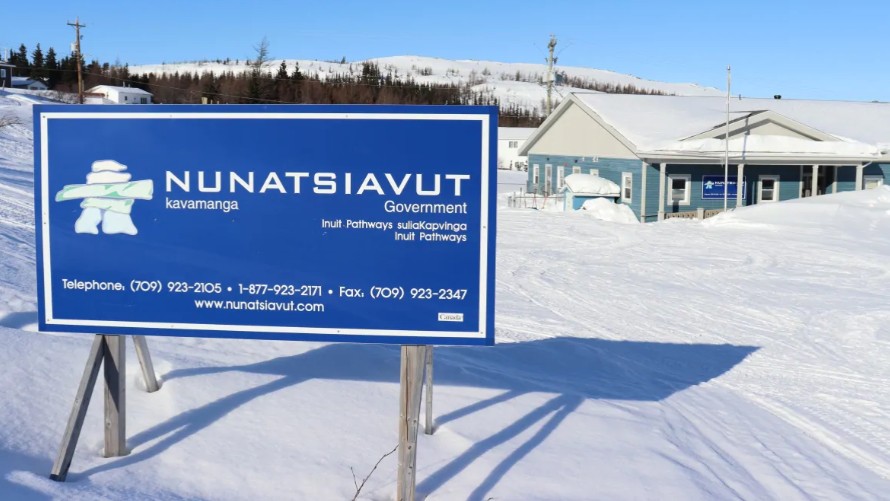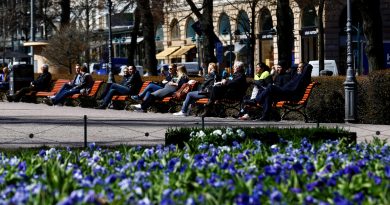Inuit gov in Atlantic Canada relaxes travel advisory to region

Nunatsiavut, the Inuit self-governing region in the Atlantic Canadian province of Newfoundland and Labrador, has relaxed their travel warning saying they’re no longer asking people to refrain from non-essential travel to their communities.
On Saturday, the province moved to their COVID-19 alert level 2, their second lowest level, after only one new case of COVID-19 had been reported in the seven days prior to Wednesday, March 24.
The Nunatsiavut Government said as of March 30, those in the province were no longer being asked to stop travelling to, from or between Nunatsaivut communities, unless they have been asked to self-isolate or are self-monitoring for symptoms of COVID-19.
“With the COVID-19 Alert Level 2 in place throughout all regions of Newfoundland and Labrador, and the fact that there are no travel restrictions within the province, we are comfortable with people from outside of Nunatsiavut entering and moving between our communities for both essential and nonessential purposes,” said Nunatsiavut’s President Johannes Lampe in a news release on Tuesday.
However, those from outside the province will still be required to self-isolate for 14-days before entering the Labrador Inuit Settlement Area.
Lampe warned however, that the government’s advisory could change quickly depending on the public health situation in the province.
Situation could change quickly
“We will continue to monitor the situation and act accordingly to any changes as they arise,” he said.
Nunatsiavut’s population of 2560 is spread out between five communities along the Atlantic coast: Nain, Hopedale, Makkovik, Postville and Rigolet.
There are approximately another 3,440 beneficiaries who live outside Nunatsiavut.
Write to Eilís Quinn at eilis.quinn(at)cbc.ca
Related stories from around the North:
Canada: Phase 2 of vaccination campaign in Arctic Quebec starts March 30, Eye on the Arctic
Finland: Traffic, mobile data show Lapland travellers not deterred by worsening COVID situation in Finland, Yle News
Denmark/Greenland: Greenland authorities buoyed by high demand for COVID-19 vaccine, Eye on the Arctic
Iceland: UK variant cases prompt Iceland to tighten up border measures and domestic restrictions, Eye on the Arctic
Norway: Norway extends border closure with Finland due to pandemic, The Independent Barents Observer
Russia: Norway closes borders over fears of virus, but exempts Russian fishermen from severely infected border region, The Independent Barents Observer
Sweden: COVID-19 strategy darkens Sweden’s image in the Nordics, Radio Sweden
United States: Alaska politicians send Trudeau letter saying they’re “shocked” over Canada’s COVID-19 cruise ship ban, Eye on the Arctic



